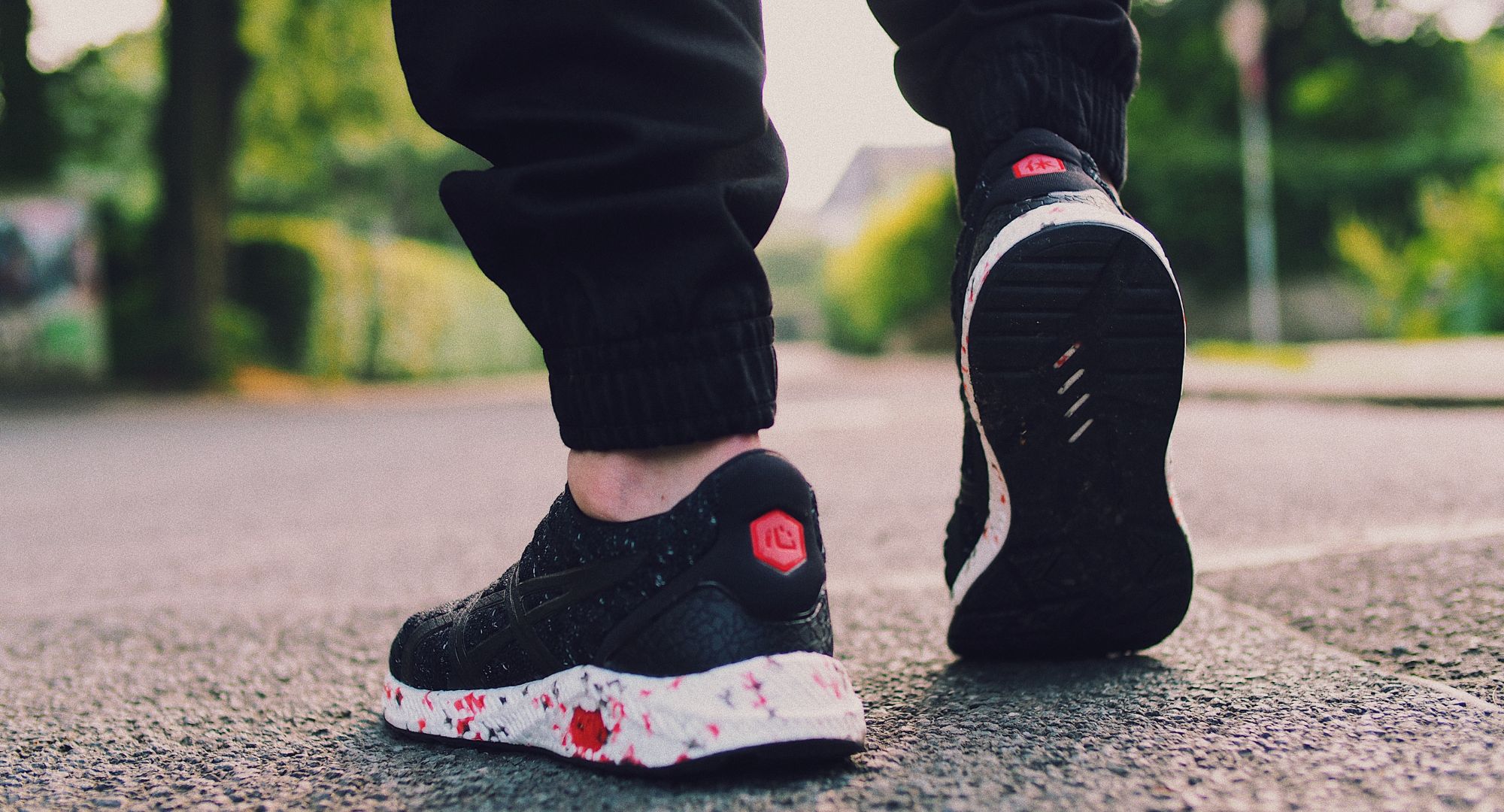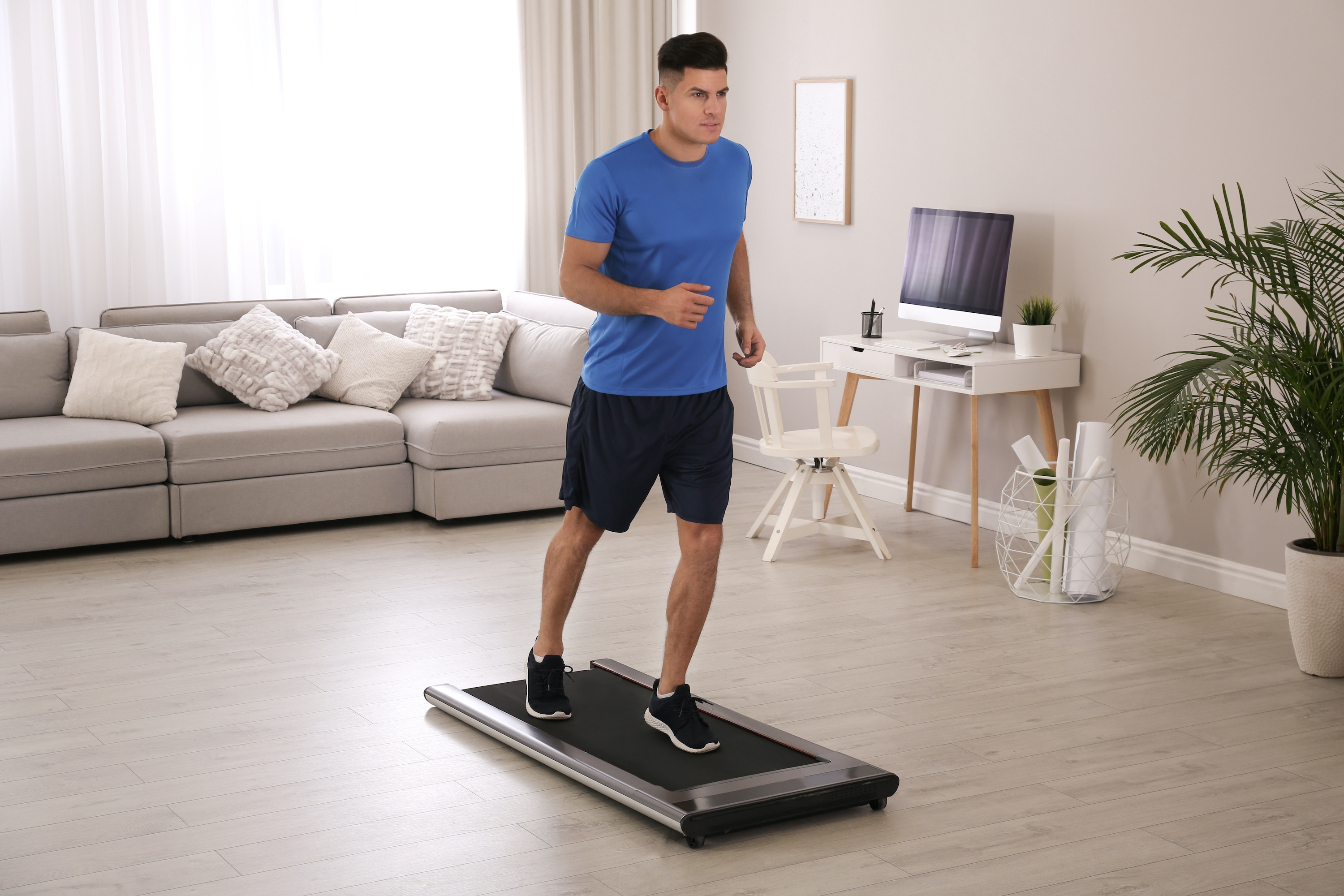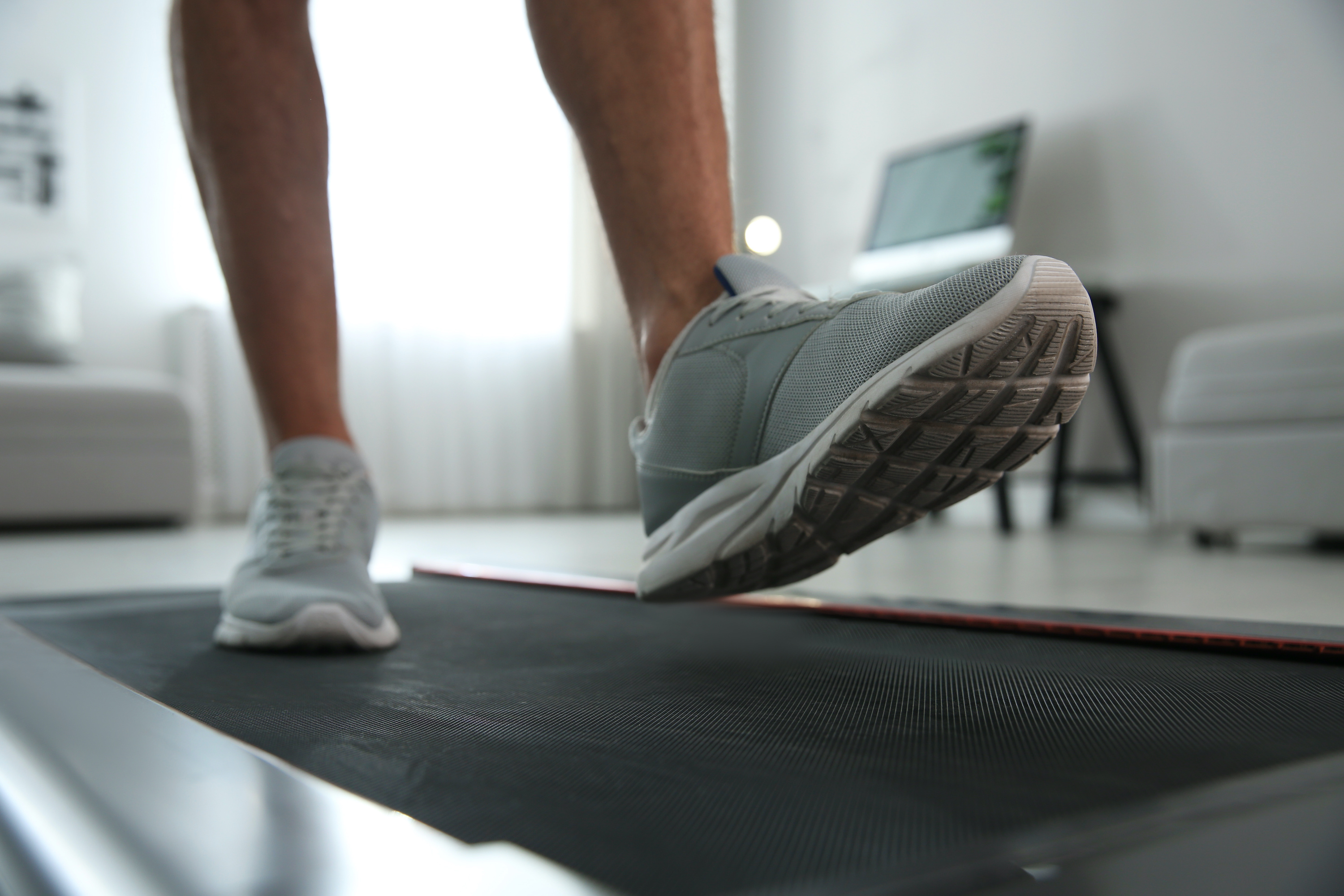
Walking is one of the greatest forms of realistic and sustainable exercise, offering tons of advantages that can improve physical and mental health. As a low-impact form of exercise, walking is gentle on the joints and can be adapted to each person’s unique physical capabilities.
When is the best time of day to walk? There are benefits and drawbacks to walking workouts in the morning, afternoon, and evening, but walking after one particular activity has some fantastic upsides. Although walking is excellent as part of a fitness or gym routine, many people do not know that it is also beneficial after eating a meal. Even short walks after eating a meal can help improve digestion, balance blood sugar levels, and more. Below, we’ll explore some of the surprising benefits of a post-meal walk and explore how this tool can help you feel your best.
Speeding up digestion

If you’ve ever gone out to a restaurant and overindulged a bit too much, you’re familiar with that bloated and distended feeling post-meal. However, walking after eating can help speed up digestion and move food through your digestive tract. In a 2020 study, researchers found that a walk after a meal stimulates the stomach and intestines. If you’ve ever wondered how to digest food faster, adding a post-meal walk might be your answer to improving digestion.
In turn, this can help to alleviate uncomfortable gastrointestinal symptoms like bloating, gas, and indigestion. Even a short 5 to 10-minute walk can help get things moving! This is especially helpful for people who suffer from sensitive stomachs or GI conditions like Irritable Bowel Syndrome (IBS). Since walking is such a versatile form of cardiovascular exercise, which requires no equipment, a post-meal walk is worth a try to help you feel better after a heavy meal.
Improving your mood

As great as walking is for our physical health, it is also a powerful (and natural) mood booster. Walking lowers cortisol, a stress hormone, which can help support relaxation and reduce anxiety. In addition, a gentle walk helps your body release endorphins and serotonin, hormones known as the “feel-good hormones.”
Aim to walk at a moderate, brisk pace whenever possible, but a light walk is wonderful if that’s all you can handle. If possible, walking outdoors can help improve your mood even more and help support healthy Vitamin D levels. In addition to the hormone boost from walking, a walk after dinner can also help you unwind and clear your mind after a hectic day.
Balancing blood sugar levels
When we eat a meal, our blood sugars naturally rise from the breakdown of carbs, proteins, and fats that enter our bloodstream. However, when you eat too much food or food that is high in sugar or carbohydrates, your body may experience a harsh blood sugar spike, leaving you feeling bloated and lethargic. Insulin, a hormone responsible for lowering blood glucose levels, also spikes as a result of the blood sugar spike. High glucose and insulin levels can ultimately make it easier to hold onto weight or impact your ability to lose weight.
Research suggests that walking after eating can help support balanced blood sugar levels when compared to sitting. Getting up and moving around, even on a short walk, can help lead to more stabilized insulin levels. This is beneficial for everyone, not just people who have already been diagnosed with pre-diabetes or diabetes.
Not only are the blood sugar-lowering effects of walking post-meal attractive, but you’ll also burn some extra calories by going on a post-meal stroll. An adult of average weight can burn about 100 to 200 calories walking at a brisk pace for 30 minutes. Although the exact calorie burn will vary depending on your speed, duration, and body weight, walking can help you maintain a healthy body weight.
How long should I walk after a meal?

When it comes to walking after a meal, walking for any amount of time is better than remaining stationary. This means that even if you only have a few minutes to kill, it’s still worth heading out on a walk. If time is not a concern, aim to walk at least 15 to 30 minutes at a moderate pace. A 2021 study followed participants who walked for 10 to 15 minutes after a meal. The study found that these participants had significantly less bloating and gastrointestinal (GI) distress than the group that did not walk after a meal.
Is it good to walk after eating?
The best time of day to walk is anytime you can — it’s a great activity for your health at any point. If time and space allow, walking after eating is a great way to help support healthy digestion, balance blood sugar levels, and boost your mood. Remember, even a light stroll around the block is enough to get your system up and moving. Even if you can’t get outside, taking a lap around an office building or walking on a treadmill can offer the same benefits.





